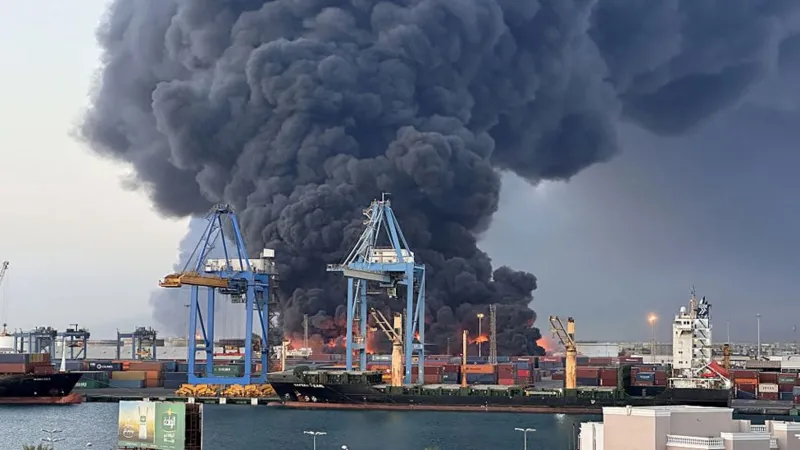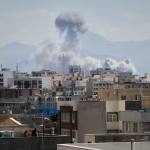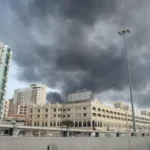Recent weeks have seen a significant escalation in attacks by Sudan’s paramilitary Rapid Support Forces (RSF) on key cities, raising serious concerns about the trajectory of the ongoing conflict and its devastating impact on civilians. While the war between the RSF and the Sudanese Armed Forces (SAF) has raged for over a year, the focus of RSF operations appears to be shifting towards consolidating control over strategic urban centers, with alarming consequences.
Evidence points to a pattern of increasingly aggressive and systematic assaults on cities previously considered less contested or under SAF control. Reports from credible international organizations and local monitoring groups detail widespread human rights abuses accompanying these offensives. Eyewitness accounts and satellite imagery corroborate accounts of indiscriminate shelling, targeted attacks on civilian infrastructure, and looting.
One particularly concerning development is the intensified pressure on El Fasher, the capital of North Darfur. This city holds immense strategic importance as a humanitarian hub and a stronghold for various armed groups. The RSF’s relentless push on El Fasher, despite international calls for restraint, highlights their determination to gain a foothold in this critical region. Reports from the ground describe a deteriorating humanitarian situation, with access for aid agencies severely hampered and civilians trapped by the fighting.
Beyond El Fasher, other urban areas have also faced renewed or intensified RSF attacks. While specific details can be challenging to verify in the fog of war, consistent reports emerge from various regions indicating RSF advances and the displacement of large populations. This strategy appears aimed at weakening the SAF’s logistical and operational capabilities by denying them control of key population centers and infrastructure.
The evidence suggests that the RSF is employing tactics that disregard international humanitarian law. The targeting of hospitals, schools, and residential areas, as documented by numerous sources, constitutes war crimes. The systematic nature of some attacks, coupled with accounts of ethnic targeting in certain areas, raises further alarm about the potential for widespread atrocities.
The international community has largely condemned the violence, but concrete action to protect civilians and de-escalate the conflict remains limited. While diplomatic efforts continue, the RSF’s continued offensive suggests they are prioritizing military gains over negotiated settlements.
In conclusion, the escalating attacks by Sudan’s paramilitaries on key cities represent a dangerous turning point in the conflict. The evidence points to a deliberate strategy of urban warfare with devastating consequences for civilians. The international community must move beyond condemnation and take meaningful steps to protect vulnerable populations, hold perpetrators accountable, and push for a lasting and inclusive peace. The fate of Sudan’s cities and its people hangs in the balance.
Email Us on editorial@nnafrica.com













